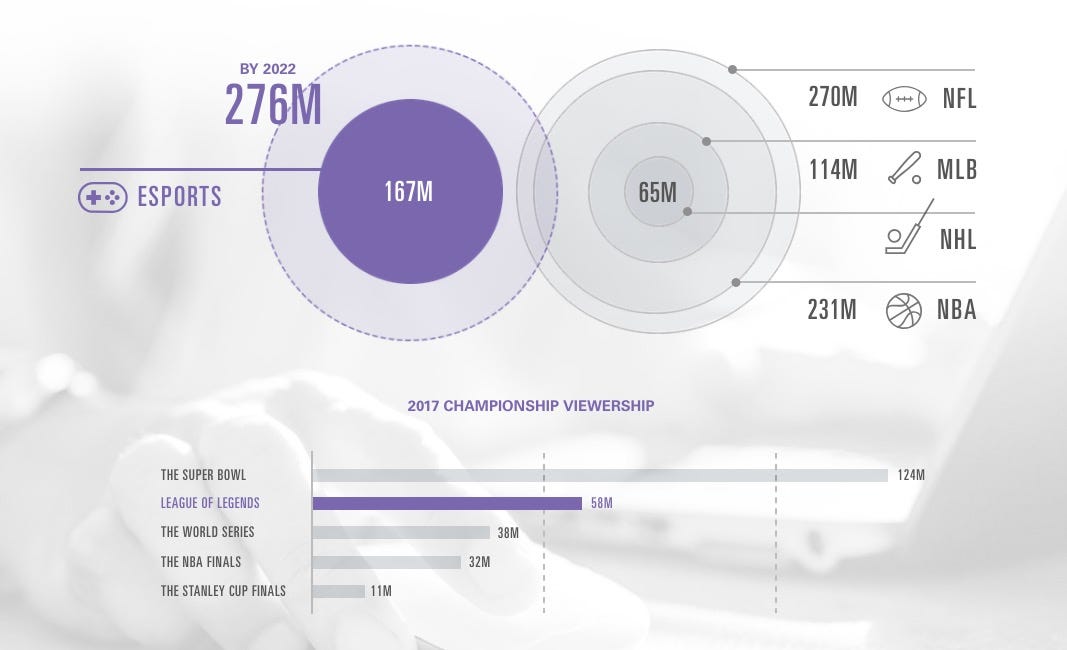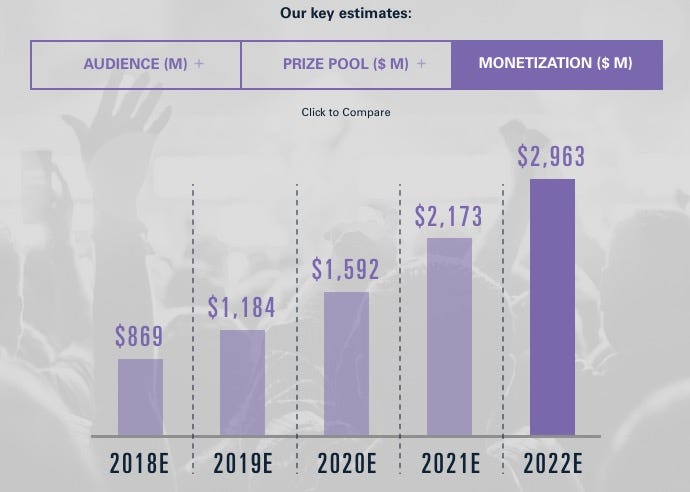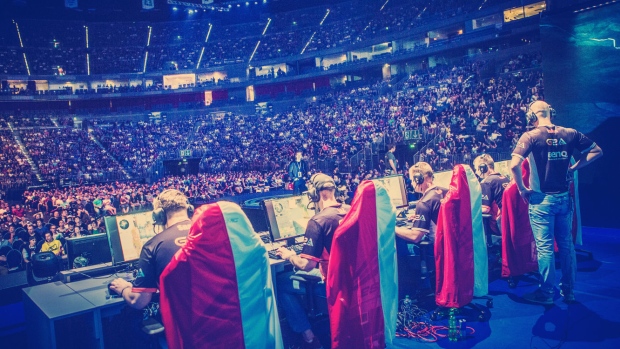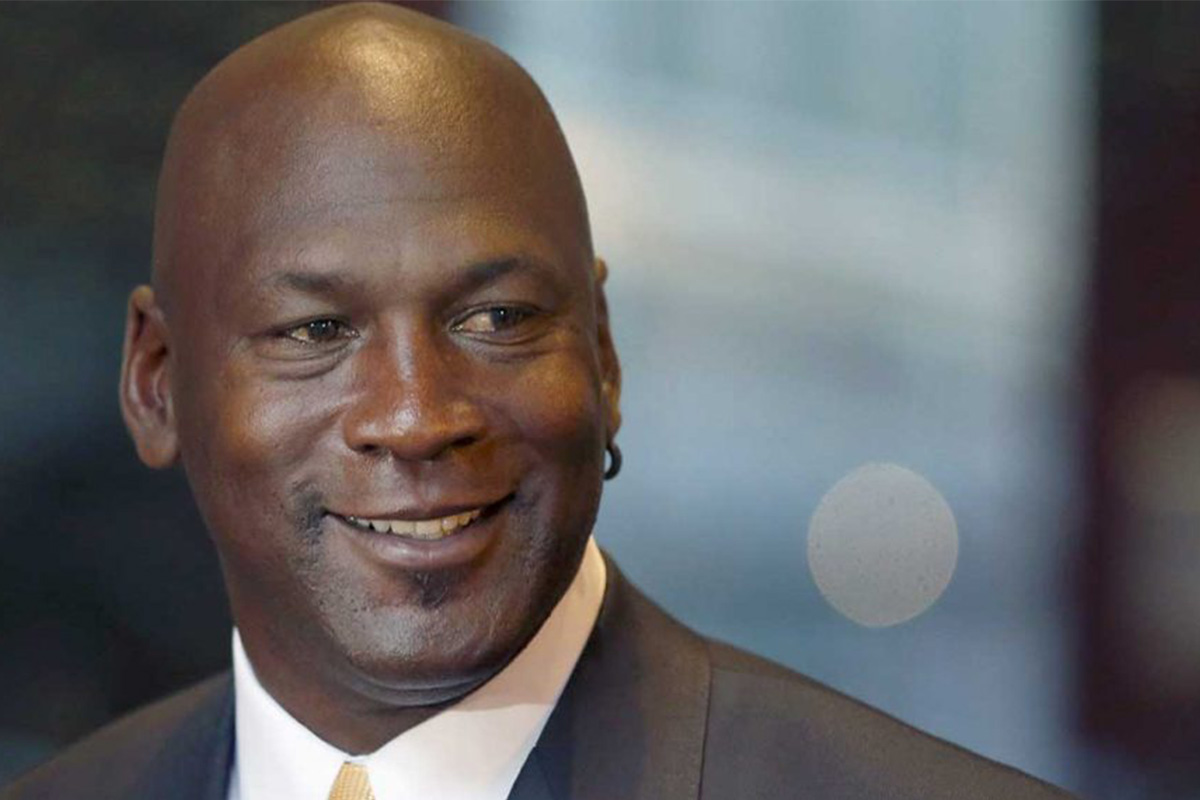- HyperX, the gaming division of Kingston Technology Company, Inc. and Allied Esports, a global esports entertainment company, today announced an exclusive naming rights partnership and multiyear agreement
- Under which Allied Esports’ global flagship property, located at the Luxor Hotel & Casino, was newly named the HyperX Esports Arena Las Vegas
- The first dedicated esports venue on the Las Vegas Strip.
FOUNTAIN VALLEY, Calif. — HyperX, the gaming division of Kingston Technology Company, Inc. and Allied Esports, a global esports entertainment company, today announced an exclusive naming rights partnership and multiyear agreement under which Allied Esports’ global flagship property, located at the Luxor Hotel & Casino, was newly named the HyperX Esports Arena Las Vegas, the first dedicated esports venue on the Las Vegas Strip.
HyperX and Allied Esports announce HyperX Esports Arena Las Vegas, naming rights partnership the first for a dedicated multipurpose esports arena in North America @hyperx
“HyperX and Allied Esports share a strategy centered on a ‘We’re All Gamers’ mindset, and with this first-of-its-kind partnership we can accelerate opportunities to engage fans and create influential content,†said Simon Temperley, Allied Esports Chief Revenue and Marketing Officer. “This dynamic relationship is a direct result of Allied customers’ excitement to use the best gaming equipment on the market and HyperX’s belief in our vision for content creation.â€
The partnership is comprised of co-branded experiences and events, including unique opportunities with HyperX’s personalities, esports athletes and influencers; co-branded content and collateral in-venue, online and on social platforms; marketing, promotion and product activations; and a prominent retail presence in Las Vegas. The HyperX Esports Arena Las Vegas branding will be integrated across all social media platforms starting today.
“HyperX’s commitment and dedication to all things esports has helped to propel the brand to become a favorite for professional and casual gamers. Attaining the naming rights for HyperX Esports Arena Las Vegas allows us a great opportunity to grow our audience,†said Daniel Kelley, director of marketing, HyperX. “Allied Esports is a respected esports partner for us and we look forward to announcing more successes with them.â€
The new deal expands on an already robust partnership between Allied Esports and HyperX. Earlier this year, HyperX became the Official Peripheral and Arena Partner of the Las Vegas arena, equipping gamers with HyperX headsets, keyboards, mice and mouse pads for esports tournaments, special events and daily play.
HyperX was also an Official Partner of Allied Esports’ North American mobile esports truck this summer with stops at various events, including the 2018 Electronic Entertainment Expo (E3) in Los Angeles, VidCon 2018 in Anaheim, and Comic-Con 2018 in San Diego.
The new HyperX Esports Arena Las Vegas opened in March 2018 and has quickly become a global destination for esports fans, players and streamers, and teams. The venue has staged some of the most popular esports entertainment events and productions of the year across a variety of game genres and titles, including Ninja Vegas ’18, starring streaming sensation Tyler “Ninja†Blevins, and recently announced two more major events in December: League of Legends All-Star 2018 (Dec. 6-8) and Capcom Cup 2018 (Dec. 14-16). The arena’s nightly tournaments, including Friday Frags and Saturday Night Speedway, have become the epicenter of Las Vegas’ growing competitive video gaming scene. HyperX Esports Arena Las Vegas was recently named Venue of the Year at the 2018 Tempest Awards, a part of the Esports Business Summit.
As part of the partnership, HyperX will be sponsoring events at HyperX Esports Arena Las Vegas. From January 9-12 during CES 2019, HyperX is planning a variety of social and marketing activities that will include the newly announced HyperX Esports Arena Las Vegas. More information on the CES activations and other HyperX-sponsored events currently in the planning stages will be available closer to the event dates.
About HyperX
HyperX is the gaming division of Kingston Technology Company, Inc., the world’s largest independent memory manufacturer, with the goal of providing gamers, PC builders, and power users with high-performance components. For 15 years, the HyperX mission has been to develop gaming products for gamers – high-speed memory, solid state drives, headsets, keyboards, mice, USB flash drives, and mouse pads – to the gaming community and beyond. The award-winning HyperX brand has carved its name atop the leaderboard by consistently delivering products that deliver superior comfort, aesthetics, performance, and reliability. HyperX gear is the choice of pro gamers, tech enthusiasts, and overclockers worldwide because it meets the most stringent product specifications and is built with best-in-class components. HyperX has shipped over 60 million memory modules and 5 million gaming headsets worldwide.
Join the global #HyperXFamily at facebook.com/hyperxcommunity, and learn how HyperX products can enhance your console experience and boost performance for both you and your PC at hyperxgaming.com. Whatever your skill level, whatever genres you play, we embrace all gaming enthusiasts everywhere with our core belief — We’re All Gamers.
Website: http://www.hyperxgaming.com/
Twitter: https://twitter.com/HyperX
Instagram: https://www.instagram.com/hyperx/
Facebook: http://www.facebook.com/hyperxcommunity
Youtube: https://www.youtube.com/user/kingstonhyperx
About Allied Esports
Allied Esports is a premier esports entertainment company with a global network of dedicated esports properties and content production facilities. Its mission is to connect players, streamers and fans via integrated arenas and mobile esports trucks around the world that serve as both gaming battlegrounds and every day content generation hubs. Allied Esports is a subsidiary of Ourgame International (SEHK:899), owner of WPT Enterprises, Inc., the operator of The World Poker Tour.
The Allied Esports Property Network currently spans ten properties in the top three esports markets across the globe: North America’s HyperX Esports Arena Las Vegas, Esports Arena Orange County, Esports Arena Oakland and Esports Truck “Big Metaâ€; Europe’s ELC Gaming, Esports Truck “Big Betty†and Esports Studio in Hamburg, Germany; and China’s Lianmeng Dianjing in Beijing, Lianmeng Dianjing SEG Arena in Shenzhen, Lianmeng Dianjing Tianjin Arena and Lianmeng Dianjing Gui’an Arena.
For more information, visit AlliedEsports.gg and follow @AlliedEsports on social media.
Editor’s Note: For additional information or executive interviews, please contact Mark Tekunoff, Kingston Technology Company, Inc. 17600 Newhope Street, Fountain Valley, CA USA 92708, 714-438-2791(Voice). Press images can be found in Kingston’s press room here.
Kingston, the Kingston logo, HyperX and the HyperX logo are registered trademarks or trademarks of Kingston Technology Corporation in the U.S. and/or other countries. All registered trademarks and trademarks are property of their respective owners.
Source: https://business.financialpost.com/pmn/press-releases-pmn/business-wire-news-releases-pmn/hyperx-and-allied-esports-announce-hyperx-esports-arena-las-vegas









